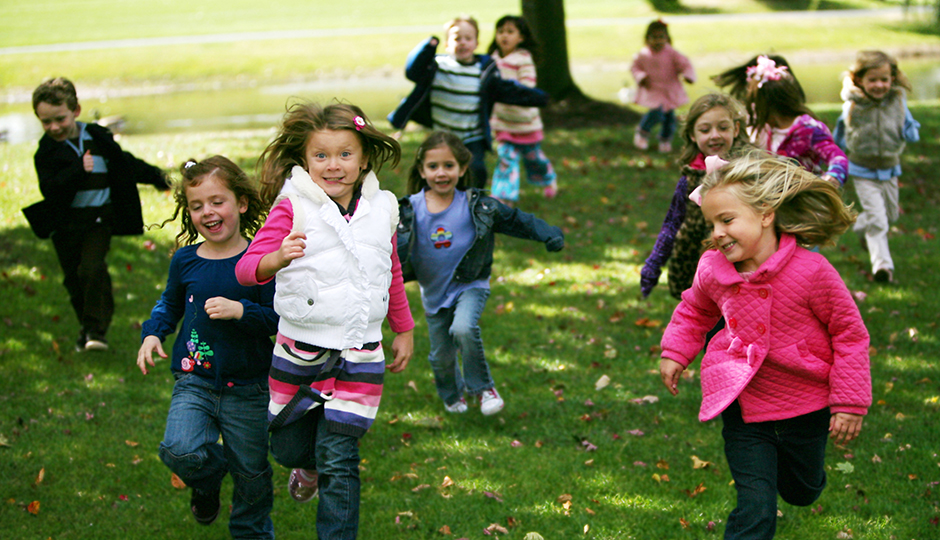The starting point for this research was the observation that active travel is on the decline in Western societies, part of a global trend toward sedentary lifestyles and an increased use of motor vehicles. Children attending elementary school are directly affected: the habit of walking to school has seen a very significant drop in the past thirty years. The decline in walking and biking has consequences for the environment, and an even more serious impact on the health of Québec's youth.
Current conditions are not conducive to active travel. Our research analyses the actors involved in school travel in Québec in order to understand the context within which active travel occurs, with a focus on the viewpoint of parents, who were central to our study. We examined how they see active travel, in particular with regard to the trip to school, and how the trip to school fits in with the rest of the family's travel.
While regular active travel has declined, many children are still walking or biking occasionally.
Our findings show that while regular active travel has declined, many children are still walking or biking occasionally: only one third of children walk or bike regularly, but another third do so occasionally. These figures demonstrate a strong potential for active travel by elementary school children, despite recent developments.
The research also reveals the impact of changes in the education system on the trend toward greater use of motor vehicles for the trip to school. Home-school distances are growing, a result of changes in urban form as well as demographic changes in recent decades.
The purpose of our research was not to develop an action program to increase active travel, but rather to come to an understanding of why active travel is declining. Nevertheless, the analysis does suggest several possible actions that could be taken.
Main researcher: Paul Lewis, Université de Montréal
Original title: Analyse du système d'acteurs concernés par le transport actif des élèves des écoles primaires du Québec




